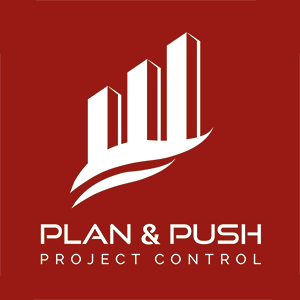Effective communication is a cornerstone of successful project management. It ensures that all stakeholders are informed, aligned, and engaged throughout the project lifecycle. Here’s how implementing strong communication strategies can enhance project control and drive success.
Key Communication Strategies
Clear Communication Channels: Establishing defined channels for communication ensures that information flows smoothly between team members and stakeholders. This reduces misunderstandings and keeps everyone on the same page.
Regular Updates: Providing consistent project updates helps in maintaining transparency and keeping stakeholders informed about progress, changes, and potential issues. Regular meetings and reports can facilitate this process.
Feedback Mechanisms: Implementing feedback mechanisms allows team members and stakeholders to voice concerns and provide input. This helps in addressing issues early and improving project outcomes.
Documentation: Maintaining thorough documentation of project decisions, changes, and communications creates a reliable record that can be referenced throughout the project. This is crucial for tracking progress and resolving disputes.
Conflict Resolution: Effective communication strategies include mechanisms for resolving conflicts swiftly and constructively. Addressing issues as they arise helps in maintaining a positive working environment and ensuring project success.
Benefits of Strong Communication Strategies


Effective communication is vital for successful project control. By implementing clear communication channels, regular updates, and feedback mechanisms, organizations can enhance coordination, transparency, and problem-solving, leading to more successful project outcomes and stronger stakeholder relationships.



